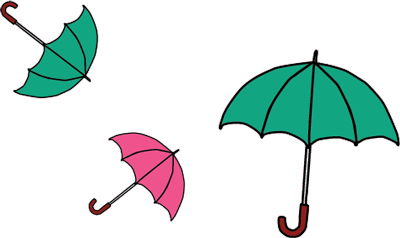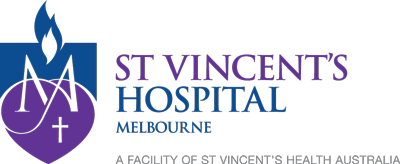Conditions & Treatment Options
Depression

In this section we placed valuable information on how depression presents and may be caused. We have also listed valuable information on the treatments available for depression and the common groups of antidepressants.
for Consumers
01. The Psychiatric Medication Information – A Guide for Patients & Carers booklet provides appropriate information about medications use for treatment of depression.
What is depression and how does it present?
We all have experienced sad feelings at some stage in our lives, usually in response to a negative experience. In depression, the miserable feeling is more intense, lasting for a significant period and affects our ability to function. There is a range of symptoms for depression including:
- Low mood
- Loss of enjoyment of previously enjoyable activities
- Weight loss or gain
- Increased or reduced amount and quality of sleep
- Low energy or fatigue
- Poor concentration
- Either slowed and lethargic or overactive and agitated mannerism
- Feeling guilty and worthless
- Having thoughts of self-harm or suicide
Other symptoms include: loss of sexual desire, low self-esteem and feelings of hopelessness and helplessness. Sometimes a person with a severe depression can have psychotic symptoms like delusions and hallucinations usually of negative themes but can be of a paranoid nature or any other form.
Depression
Frequently asked questions (FAQs)
How is the diagnosis made?
What causes depression?
What are the treatments for depression?
Depression can cause us to feel hopeless and helpless, but, effective treatments are definitely available including:
- Lifestyle changes: healthy diet, regular exercise, social support and reducing alcohol use
- Problem solving and supportive counselling
- Structured psychotherapies: Cognitive Behavioural Therapy (CBT), Interpersonal psychotherapy (IPT), Mindfulness and others
- Antidepressants: serotonergic (SSRI), serotonergic and noradrenergic (SNRI), Tricyclic (TCA) and others. The Psychiatric Medication Information – A Guide for Patients & Carers booklet provides appropriate information about medications use for treatment of depression.
- Electroconvulsive therapy (ECT)
- Others: St John’s wort, S-adenosyl-methionine, Folic acid (Folate), Selenium, Vitamin D and Omega-3 fatty acids
Treatment of depression should be individualised specifically for each person. In general, a mild form of depression can be treated with life style changes, increasing support, problem solving counselling or structured psychotherapies / antidepressants if previously mentioned approaches did not work. For the moderate to severe form of depression, either structured psychotherapies or antidepressant can be used for treatment based on availability and personal choice. Combining both psychotherapy and antidepressants is more effective than using either alone. In cases of more severe depression threatening the life of the person or in depression with psychotic symptoms, ECT is the most effect method of treatment.
What is the outlook for depression?
How do antidepressants work?
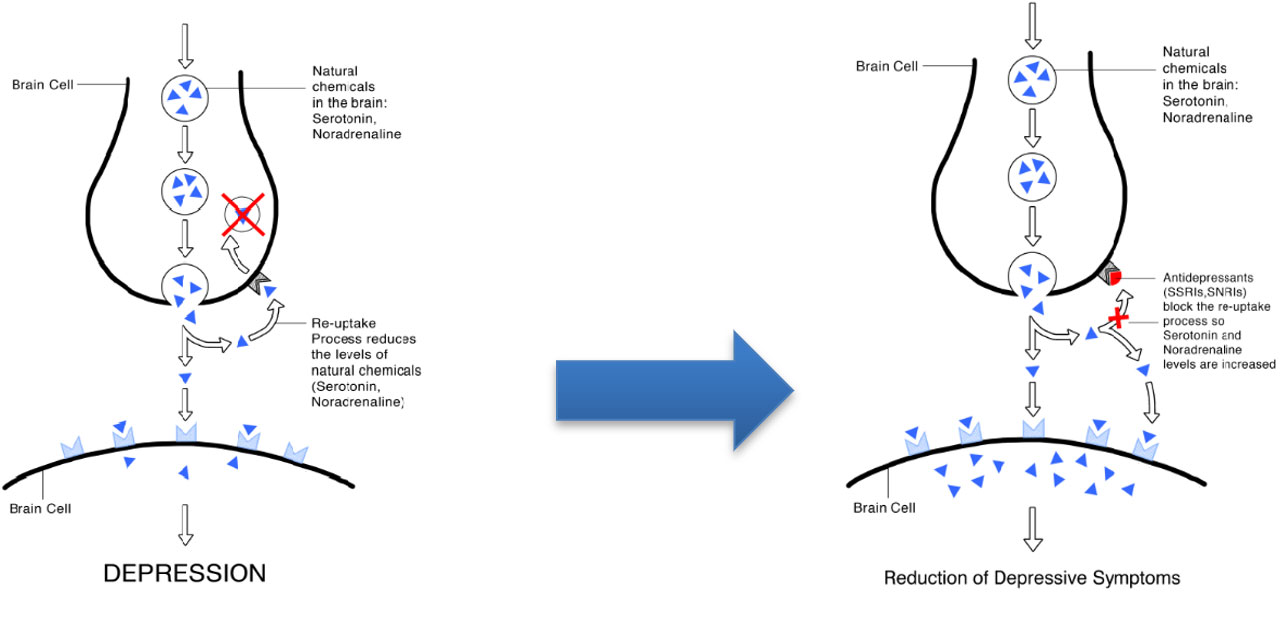
Common groups of antidepressants
View the antidepression medication pdf file
Are antidepressants addictive?
Care should be taken in combining antidepressants with other medications, alcohol, over-the-counter or complimentary products that you obtain without a prescription from the community, health food shop or supermarket.
Antidepressants need to reach a certain dose before they begin to work. For most people a response occurs within about two to three week before reaching the required dose and it can take up to eight weeks or a little longer before they feel better. Hence, it is important to continue taking the prescribed antidepressant, even beyond the time you begin to feel better. If treatment stops too early, there is a high risk of depression returning and antidepressant discontinuation reaction such as agitation, headache, fatigue, and dysphoria may occur with some antidepressants such as paroxetine, venlafaxine, desvenlafaxine and duloxetine.
Do antidepressants have any unpleasant side effects?
HELPFUL HINTS & GENERAL PRECAUTIONS:
- Taking SSRI with food or after food will assist with gastro-intestinal discomfort
- Most side effects are early onset and time limited (about 1-2 weeks)
- Benzodiazepines may be useful for short-term treatment (1-2 weeks) for pronounced insomnia or anxiety.
- Care should be taken in combining antidepressants with other sedative drugs or alcohol as the sedative effects additive.
- Care should be taken when driving or operating machinery as reaction may be slowed.
The new medication can take some time to start working. In the meantime, you may experience some side effects that you are not used to. Discuss these with your doctor and within a few weeks they should settle and your treatment will be back on track.
Source: St Vincent’s Psychiatric medication information: A guide for patients & carers 4th Edition, 2017.
Resources
Useful resources
Victorian government better health channel
Depression – treatment and management resources.
Mind Health Connect www.mindhealthconnect.org.au
A national initiative operated by Healthdirect Australia, on behalf of the Australian Federal Government as part National E-Mental Health Strategy. You can access a range of mental health resources including online programs, fact sheets, audio and video, and online communities.
Beyond Blue www.beyondblue.org.auwww.beyondblue.org.au
Helpline: 1300 224 636
Non-government organisation which provides extensive information about depression, anxiety and related mood disorders across various stages of life and areas of the community.
SANE www.sane.org.au
Helpline: 1800 18 SANE / 1800 18 7263
SANE Australia was founded in 1986. It I a national charity helping all Australian affected mental illness lead a better life – though campaigning, education and research.
Black Dog Institute www.blackdoginstitute.org.au
The Black Dog Institute was launched in 2002. It offers specialist expertise in mood disorders (depression and bipolar disorder) and also acts as an umbrella organisation, supporting a range of programs that focus on mood disorders.
myDr myDr.com.au
myDr provides free comprehensive easy-to –understand Australian health and medicines information for consumers
(CMI)
MensLine Australia www.mensline.org.au
Helpline: 1300 789 978
MensLine Australia is a national support, information and referral services for men across Australia, specialising in family and relationship concerns.
ReachOut www.reachout.com
ReachOut.com is Australia’s leading online youth mental health service with a mobile-friendly site and forums which consumer can access help, information and support.
Headspace www.headspace.org.au
Helpline: 1800 650 890
Headspace established in 2006. It is the National Youth Mental Health Foundation, which provides mental health wellbeing support, information and services to young people ages 12 to 25 years and their families.
Healthdirect Australia www.healthdirect.gov.au
Helpline: 1800 022 222
Healthdirect provides Australians with access to trusted health information. All information has been provided through partnerships with government agencies and other trusted sources.
This Way Up www.thiswayup.org.au
This Way Up provides research tested online treatment and prevention of depressive and anxiety disorders. It is a not-for-profit initiative of St Vincent’s Hospital, Sydney and the Faculty of Medicine at University of New South Wales.
The Royal Australian & New Zealand College of Psychiatrists www.ranzcp.org
Official website for the college of psychiatrists. Provides guidelines for management of different types of mental illness and general public information regarding mental illness. You can also search for a psychiatrist on the website.
With special thanks to
Many people have contributed to the development of this project through research, focus groups, advice, information and ideas. We would like to acknowledge and thank all who have contributed and supported us in our endeavor. They are:
Prof David Castle Chair of Psychiatry, St Vincent’s Hospital, The University of Melbourne
Ms Nga Tran Specialist Mental Health Pharmacist, St Vincent’s Hospital Melbourne, Honorary Fellow The University of Melbourne
Newsletters
Stay in the loop with our monthly newsletters!
If you are having thoughts of suicide, or severe self-harm please follow your crisis plan. If you do not have a crisis plan please call your treating clinician, therapist, general practitioner, one of the numbers listed below or go to the Emergency Department of the nearest hospital. In a life-threatening emergency ring 000.
Phone numbers and other supports that can be contacted in a crisis:
Life Line: 13 11 14 | www.lifeline.org.au
Sane Helpline: 1800 187 263 | www.sane.org


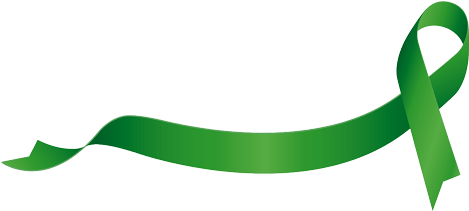
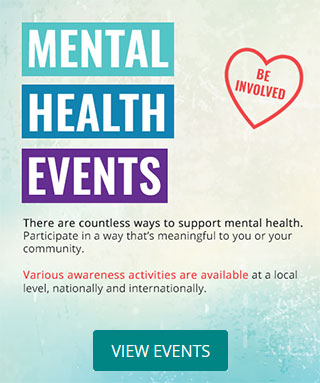
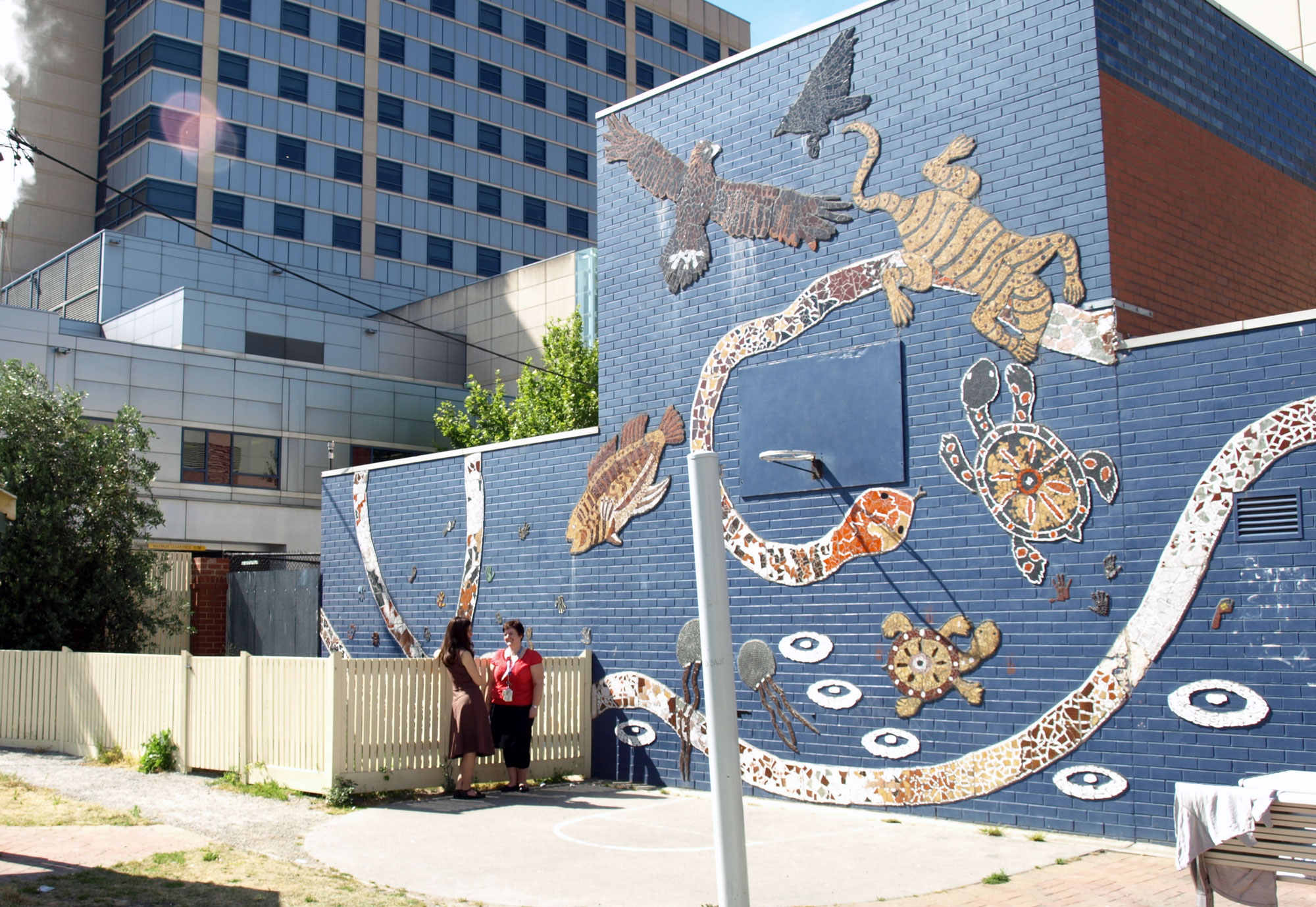
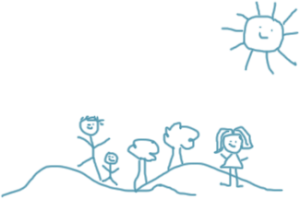
 The 2014 Act came into effect in July 2014. It introduced new principles to support people experiencing mental illness to make and participate in treatment decision (shared decision making) and to have their views and preferences considered and respected.
The 2014 Act came into effect in July 2014. It introduced new principles to support people experiencing mental illness to make and participate in treatment decision (shared decision making) and to have their views and preferences considered and respected.